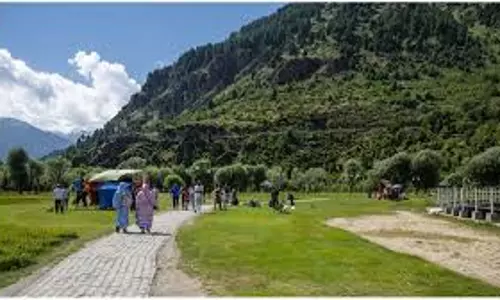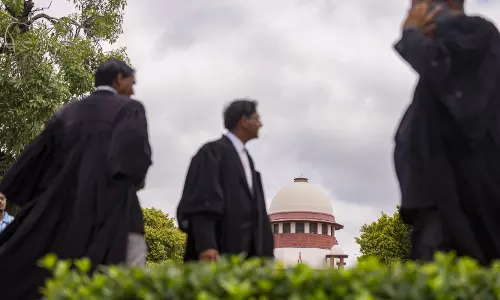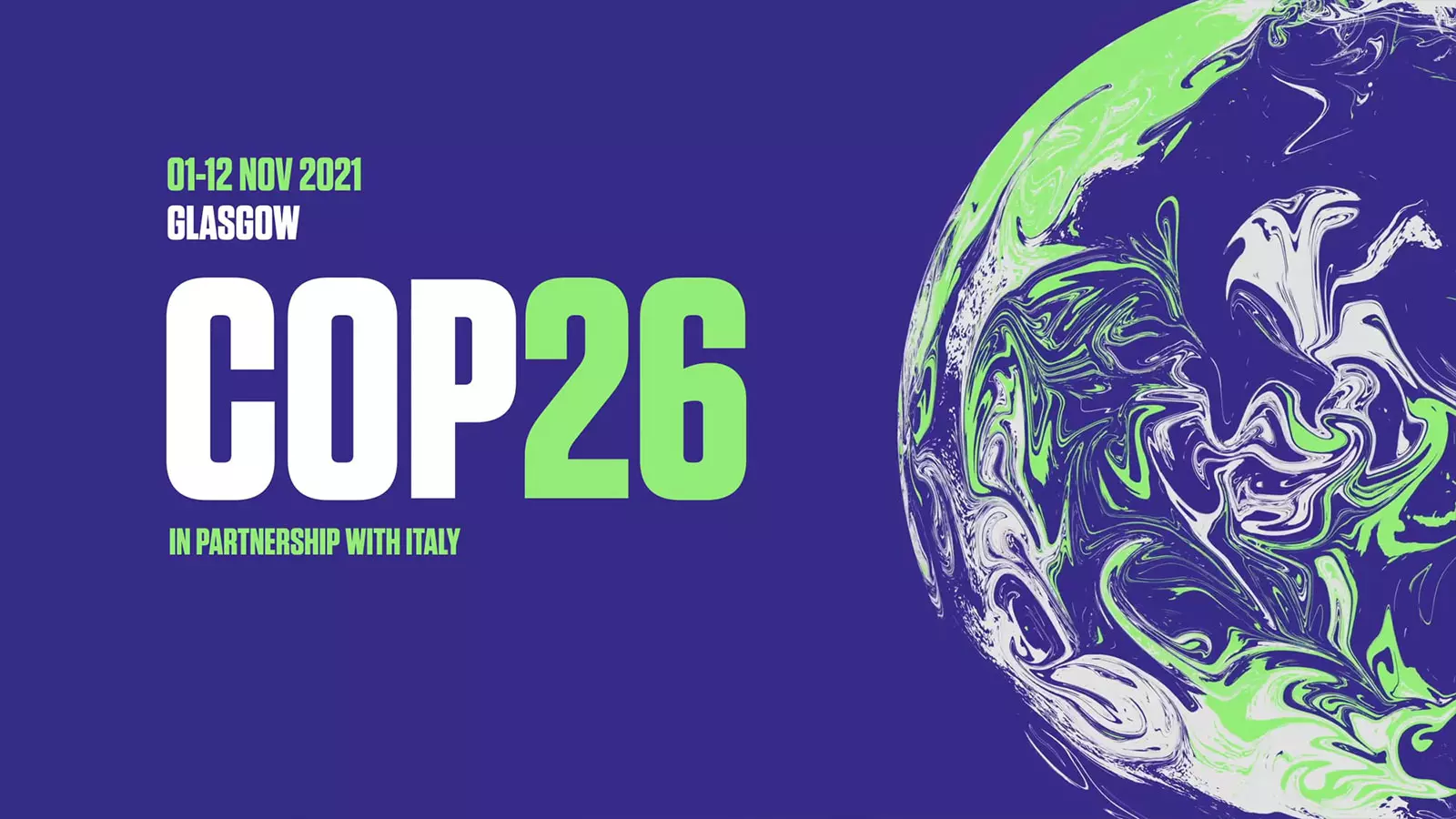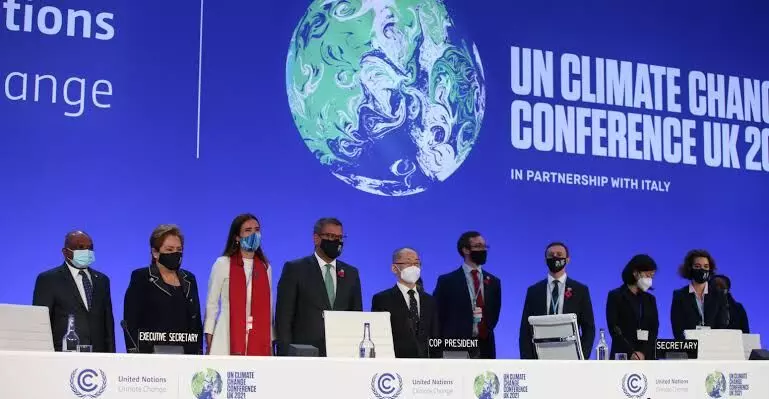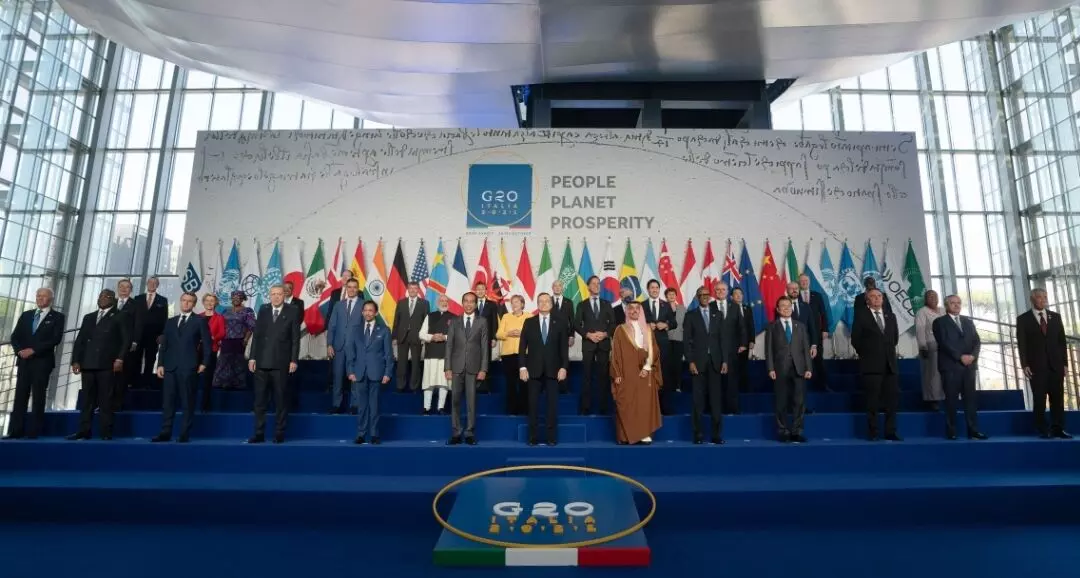
Has Glasgow written the Earth's obituary?
text_fieldsThe 26th Conference of Parties (COP26), also known as the Glasgow Climate Summit, concluded with the same old blueprint of cutting and polishing old promises to a new shine without a concrete action plan. The summit acknowledged the urgent need to address the climate crisis and called on the various countries to achieve their own climate goals more expeditiously, in addition to cutting down on prodigious use of fossil fuels. Decision was made to end the subsidy on fossil fuels and reduce the use of coal - albeit at the last minute. There was also a consensus that developed countries should keep their promises of compensation in the past and also look for ways to compensate for future damages due to climate change. Another notable decision in Glasgow is that it has proposed a mechanism to resolve potential disputes over carbon emissions. Summit head Alok Sharma acknowledged that the summit was not as successful as he had hoped, adding that the ambitious goal of capping global warming at 1.5 degrees Celsius earlier than pre-industrialisation levels may not be achieved. But he is relieved that the world has it in mind as a goal.
However, developing and underdeveloped countries, which are already experiencing the effects of the climate crisis, will have no cause for relief. After two weeks of hard work by ministers and heads of government in over 200 countries, the result has been nothing more than empty words and promises. The "blah blah blah" performance was predicted by young activist Greta Thunberg. As the Maldivian Minister of Environment, Aminat Shona points out, the difference between 1.5 degrees and 2 degrees is a difference between life and death in many countries. Global warming has already reached 1.1 degrees. Climate disasters are on the rise in many parts of the world. Such communities have been left to face ruin now that the Glasgow Summit has failed to stick to the decisive goal of 1.5 degrees. Most of the decisions at the 2015 Paris Summit are yet to be implemented.
According to the current understanding, the temperature is going to rise beyond 1.5 and even 2 degrees. What can be achieved in this half-decade has been postponed to 2030 and 2050. When different countries parted ways after the summit, what they wrote down may be the obituary of the earth itself. At the last minute, when it was almost decided that the goal was to eliminate coal altogether ,India and China changed the word from "elimination" to "reduction". . The fact is that after all such compromises, the Glasgow summit almost ended exactly where it began.
Developed and rich countries account for three-quarters of the world's pollution; poor communities also suffer the after-effects. In the absence of a goal-oriented global leadership, Glasgow's meeting saw full reign given to inequality. The unilateral imposition of what is described as 'carbon colonialism' and 'climate apartheid' is ultimately destroying rich countries. Not to mention that the decisions (?) in Glasgow alone are inadequate. Even the figures under discussion are said to be largely inaccurate. The things that have been taken up now are not enough to solve the problem. There is no guarantee that those things will happen. At the summit to decide on the elimination of fossil fuels, more than 500 delegates (the largest delegation present) were from the fossil fuel companies. Not a single person dares to raise the voice of truth against the biggest polluters, which are the military and the arms industry. The nations of the world are spending more money to destroy each other than they are spending to save the earth. What the United States, which is most responsible for climate change, will pay got climate change efforts over the next ten years is 4% of its military funding. Glasgow is the epitome of greed, disunity and inequality.




